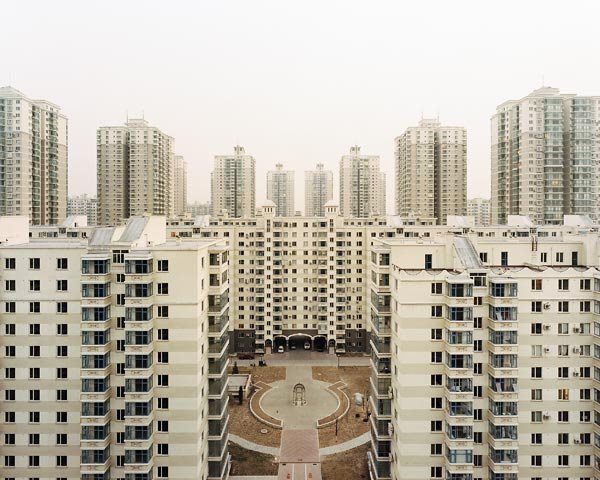 A small article in China Daily last month began simply enough: “On 1 June, the Beijing Waterworks Group announced that the city’s water supply is safe to drink without boiling.” The news could not have come at a better time. For a month, pollution-abetted algae had been taking over China’s lakes – Taihu, Chaohu, Dianchi – turning water the sickly color of Swamp Thing. In February, Evian, that impeccable French mineral eau, was stopped at China’s border, 118,000 liters of it charged with containing an “unacceptable level of bacteria.” To make matters worse, tensions were still publicly boiling over between Danone, the maker of Evian, and its former Chinese partner Wahaha, over an alleged violation of their joint venture. The same week, an op-ed in the China Daily reminded us how “the manufacture and shipping of bottled water adversely impact the environment and the ecology.”
A small article in China Daily last month began simply enough: “On 1 June, the Beijing Waterworks Group announced that the city’s water supply is safe to drink without boiling.” The news could not have come at a better time. For a month, pollution-abetted algae had been taking over China’s lakes – Taihu, Chaohu, Dianchi – turning water the sickly color of Swamp Thing. In February, Evian, that impeccable French mineral eau, was stopped at China’s border, 118,000 liters of it charged with containing an “unacceptable level of bacteria.” To make matters worse, tensions were still publicly boiling over between Danone, the maker of Evian, and its former Chinese partner Wahaha, over an alleged violation of their joint venture. The same week, an op-ed in the China Daily reminded us how “the manufacture and shipping of bottled water adversely impact the environment and the ecology.”
But something still tasted funny. Further on, the article revealed a more poignant detail: the most recent tests had only been run at the plants, failing to account for the city’s 7,000km of pipes, some quite old, that the water traverses to reach residents’ taps. So the tests likely missed all kinds of stuff of which mama wouldn’t approve. “We have a dilemma,” said the director of the Beijing Waterworks’ water quality center. “The water piped out is clean and safe but gets contaminated before it reaches users.”
Eva Sternfeld, who runs the China Environment and Sustainable Development Reference and Research Centre (CESDRRC), painted a more muddled picture. “As far as I know, Beijing tap water is one of the best in China. I heard a German business woman took a bottle back to Germany and had it tested there [to find that] the quality is okay,” she wrote by e-mail. “But it depends where you live in the city.” Water works Nos. 9 and 8, which pump water to most parts of the city, including the Olympic area, are known for satisfactory water quality – pipe contamination aside. But some older plants, such as water works No. 1 near Dongzhimen and water works No. 7 in the south of the city “have some problems with nitrates.” An (accidental) experiment two months ago in sipping tap water in one of the city’s cleaner water precincts found the liquid to be non-fatal, wet, and perhaps palatable.
Still, any future reservations or criticism about Beijing’s water quality should bounce off the city like water off a (Peking) duck’s back. “The [pipe] problem more or less exists in many cities of the world, wherever you have old buildings and an old water supply infrastructure,” says Sternfeld. Besides, athletes, officials and other visitors staying at the Olympic village next year will have access to tap water that the city guarantees will be drinkable … at least at the plants.
Alex Pasternack

No comments:
Post a Comment